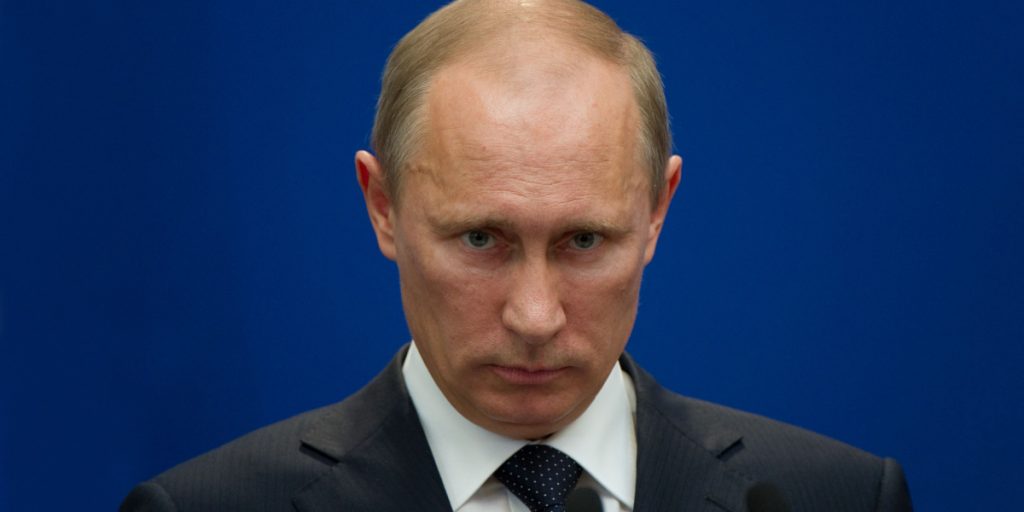Children have become a focal point of these efforts.
Others are reading now
Wars often leave an indelible mark on the identity of a nation, reshaping its cultural, political, and social fabric.
In occupied regions, this transformation is frequently imposed from the outside, as powers seek to assert control.
The ongoing conflict in Ukraine is no exception, with the Kremlin ramping up efforts to influence the identities of Ukrainians under Russian occupation.
The Kremlin has introduced new restrictive measures in occupied areas of Ukraine, aimed at advancing the creation of a “New Russian” identity.
Also read
Children is a focal point
This initiative, described as a modern-day attempt at “Russification,” seeks to erase Ukrainian culture and replace it with a carefully curated version of Russian identity, according to WP.
Officials have tied essential services like humanitarian aid, medicine, and electricity to the acceptance of Russian citizenship.
As of January 2025, Ukrainians living in occupied territories who refuse to accept Russian passports face severe consequences.
Without citizenship, they are denied subsidized access to lifesaving medications and must pay inflated prices for treatments.
Occupants who resist are also barred from various professions, including healthcare, transportation, and utility services, leaving many towns without heating during winter.
Children have become a focal point of these efforts.
Schools in occupied regions are being stocked with Russian literature, revised history textbooks, and lessons that glorify Russian soldiers.
Holiday traditions are being restructured to replace Ukrainian symbols, such as St. Nicholas, with Russian figures like Ded Moroz.
Cultural “brigades” and youth centers are actively recruiting young Ukrainians for Russian universities, offering scholarships and family aid packages to entice them.
These actions echo historical precedents of identity manipulation in occupied territories.
Analysts note parallels with Soviet-era policies and see this as a deliberate strategy to solidify Russian influence in territories it now claims.
The international community has condemned these policies as a violation of cultural and human rights.
Ukrainian authorities have vowed to resist these measures, asserting that their nation’s identity will endure.
For the estimated three million Ukrainians in occupied regions, the struggle for self-determination continues under increasingly oppressive conditions.


